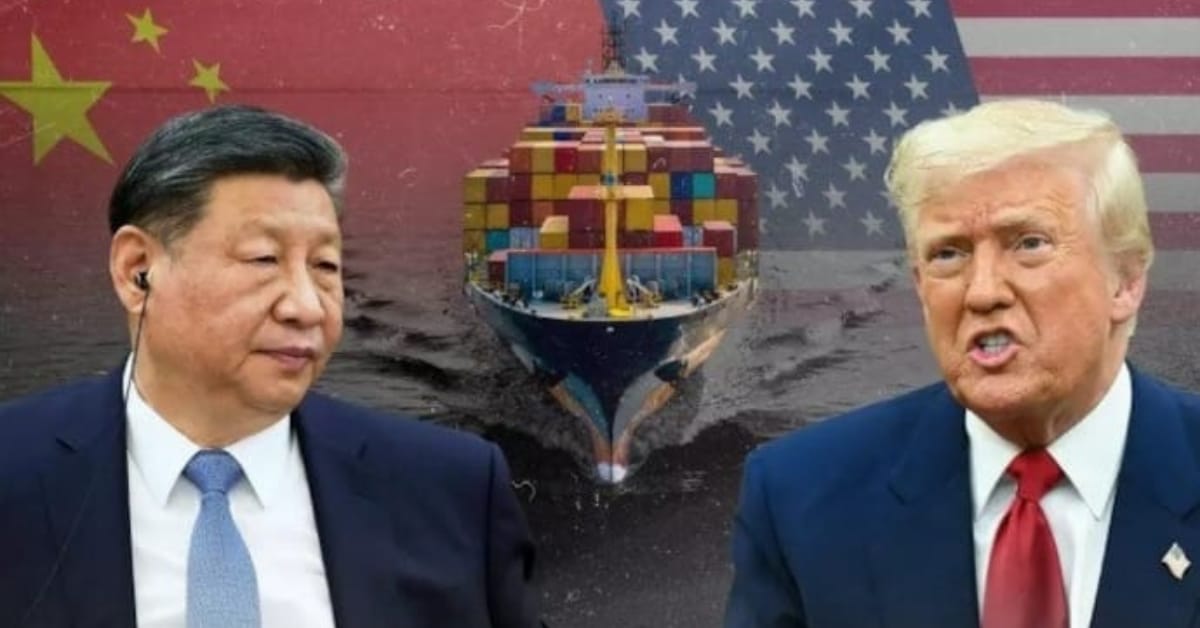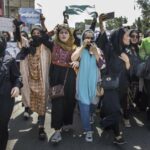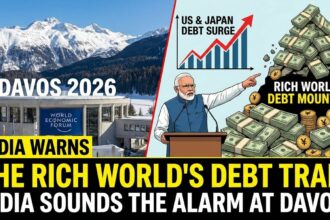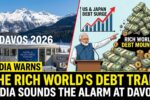In what can only be described as impeccable timing, US President Donald Trump announced sweeping new tariffs against China on Friday—just one day after being passed over for the Nobel Peace Prize. It was perhaps Trump’s way of handling disappointment. Many may think, better way of handling the disappointment would have been imposing 100% tariff on Norway.
Trump took to Truth Social to declare a massive 100% additional tariff on all Chinese imports, set to begin November 1, 2025. The announcement comes with export controls on critical American software, marking a dramatic escalation in US-China relations.
According to Trump, China has sent what he called an “extremely hostile letter” to countries worldwide, threatening to impose export controls on virtually everything they produce—including rare earth elements and other critical materials. Trump described this as “absolutely unheard of in International Trade” and “a moral disgrace.”
The president painted a picture of China holding the world “captive” through its monopoly on certain elements, particularly rare earths and magnets. He claimed this was a plan “devised by them years ago” and suggested the timing—coinciding with what he called “PEACE IN THE MIDDLE EAST”—was perhaps not coincidental.
Trump’s response was swift and forceful. Starting November 1, Chinese goods entering the United States will face an additional 100% tariff on top of existing duties. Critical American software will also be subject to export controls. “For every element that they have been able to monopolize, we have two,” Trump declared, suggesting the US holds stronger cards in this economic showdown.
The president also threatened to cancel his scheduled meeting with Chinese President Xi Jinping at the upcoming APEC summit in South Korea, stating “there seems to be no reason to do so.” He noted that their relationship over the past six months had been “very good,” making China’s move “even more surprising.”
The timing is, shall we say, interesting. Just 24 hours after the Nobel Committee decided to honor someone else with its Peace Prize, Trump pivoted from Middle East peacemaker to trade warrior. It seems the president concluded; peacenik banne ka koi fayda nahi, chalo tariff war hi kar lein.
After all, if brokering peace doesn’t get you that shiny medal, perhaps economic confrontation with the world’s second-largest economy is the next logical step. Nothing says “disappointed but moving on” quite like slapping 100% tariffs on a trading partner.
Trump warned that China’s actions could “clog the Markets” and make life difficult for virtually every country, though he admitted it would likely hurt China most of all. He described the measures as “potentially painful” but ultimately “a very good thing” for America.
Other countries have reportedly contacted the US expressing anger at China’s trade hostility. Whether this translates into a broader coalition against Beijing remains to be seen.
For now, the trade war that many hoped was winding down has instead exploded into its most dramatic phase yet—courtesy of a president who, just yesterday, was probably hoping for a very different kind of headline.








